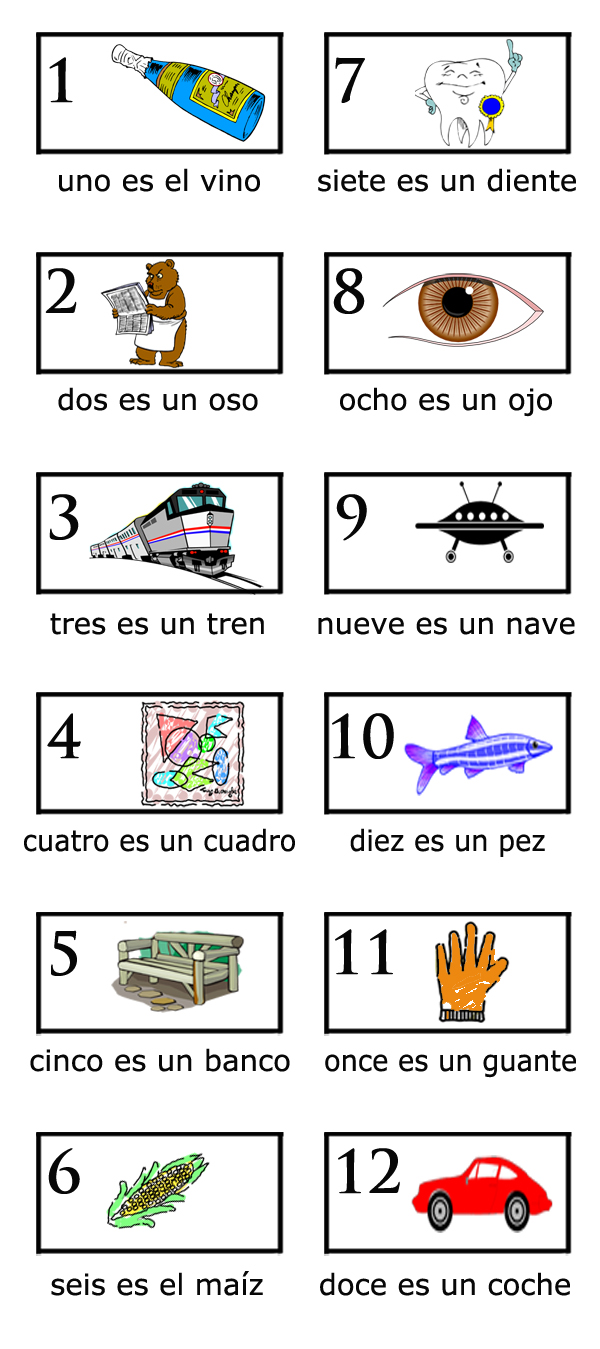Genes
Several genes have been implicated in Alzheimer's, but the big one is the e4 allele of the ApoE gene (on chromosome 19). This variant is found in about a quarter of the population.
Having it doesn't mean you are foreordained to develop Alzheimer's, but it certainly increases the risk substantially. The risk goes up considerably more if both of your genes are the e4 variant (remember you inherit two: one from each parent).
